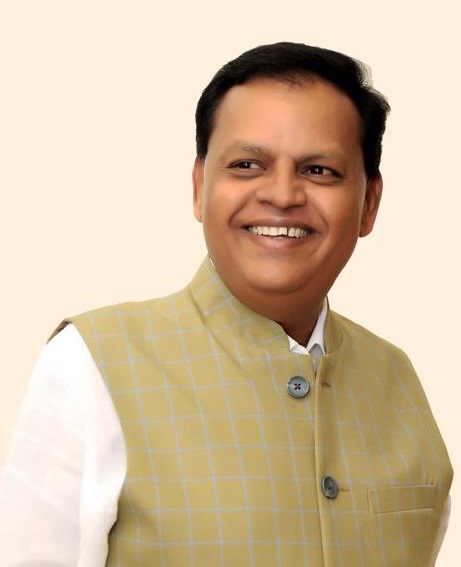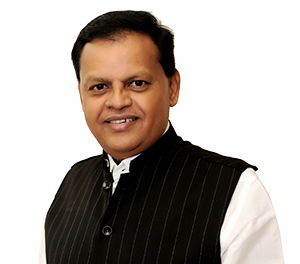
About Us

Dr.Mohanrao Nalwade
had a will to help needy people since his college days. He aims to help the society fight against poor Health, Poor Education, Nutrition, Poor Justice & Corruption. He has been active in social work since 1987. He has organized blood donation camps, seminar to educate poor people on regular basis & organize the awareness program and provide legal assistance & , protection, for the subject of Human Rights, Civil Rights, Fundamental Rights Consumer Rights, Minorities Rights, Women Rights,Senior Citizens Rights, Education RightsLabour Rights and all those Rights provided by Indian constitution and the organization will work within the frame work of safe guarding on the basis of Universal Declaration of Human Rights from the Article 1 to Article 30. He has been participating in different social works on a regular basis to help those people who need it the most.
Dr.Mohan Rao Nalwade, in India, for the promotion of human rights, and to motivate the public to be free from corruption in all their activities. For Humanity, to enjoy the freedom of all sorts, it had taken several centuries. Man is born free, but he is everywhere in chains bemoaned Rousseau, a great French Philosopher.
Human beings have god ordained Rights and Duties. It was also termed as “natural rights” After World war2nd (1939 to1945), the term” Human Rights” began to be used. Human Rights refer” to a wide variety of values and capabilities reflecting the diversity of human circumstances and history”. Civil and political Rights are the result of the result of the age of Enlightenment and English, American and French revolutions. The right to life, Liberty and the pursuit of Happiness, and the right to freedom of speech and worship are guaranteed in democratic constitution of many nations. Economic, social and cultural rights, the rights to an education are also aimed at in many nations’ constitutions.
Universal Declaration of human rights was proclaimed by the united Nation organization (UNO) in 1948. Many treaties and agreements for the protection of Human Rights were finalized by the UNO. Later, in the 20th century, “ad hoc international criminal Tribunals” were convened to prosecute serious human rights violations and other crimes in the former Yugoslavia and in Rwanda, Africa. The International Criminal Court was established in 2002 and it is empowered to procedure crimes against humanity, crimes of genocide and war crimes of genocide and war crimes. It is the normal duty of every citizen all over the world, to safeguard God given rights and freedom and to bless the posterity with the world free from corruption of all sorts.
Corruption in India
Corruption is today a worldwide phenomenon. In our own country some people in high positions have been charged for it.
A corrupt person is termed immoral, dishonest and unscrupulous in his dealings .His disregard for honesty, righteousness and truth result in his alienation from society. His treated with contempt, but as erosion of values leads to decadence, remedies for the social malaise remain chusive and so no amount of contempt can eradicate corruption which is a symptom of decadence.
The older system the weaker grows and fails to solve the riddles of life that grows more complex every day. So men lose faith in it and let drift down. At this point corruption takes over and plunges the entire society. After Second World War the old system with all its values was left in a shambles. The crippling effects of the war, the recession and depression, and uncertainties in a faithless world of maimed and moribund encouraged cynicism in a selection of the population.
The selection includes the government official dealing in essential commodities. They found their post-war conditions ideal for fishing in troubled water and getting richer. They formed assort of vicious circle in which moral values and honest intention on longer held value. The flourishing black market in essential commodities, adulteration of even baby-food, fraud/, bribery and economic, political and administrative manipulations with an eye on running profits as brought untold misery to the people.
So one would say the corruption in India has an ancient linage, it is scarified by tradition. The author of the Arthasastra made some remark on government officials of his time which are relevant even today; just as it is impossible not to taste the honey or the poison that finds itself at the tip tongue” so it is impossible for a government servant not to eat up at last a bit of the kings, revenue. These in the post-war world become only bolder while eating up government money and accept bribes directly and indirectly.
